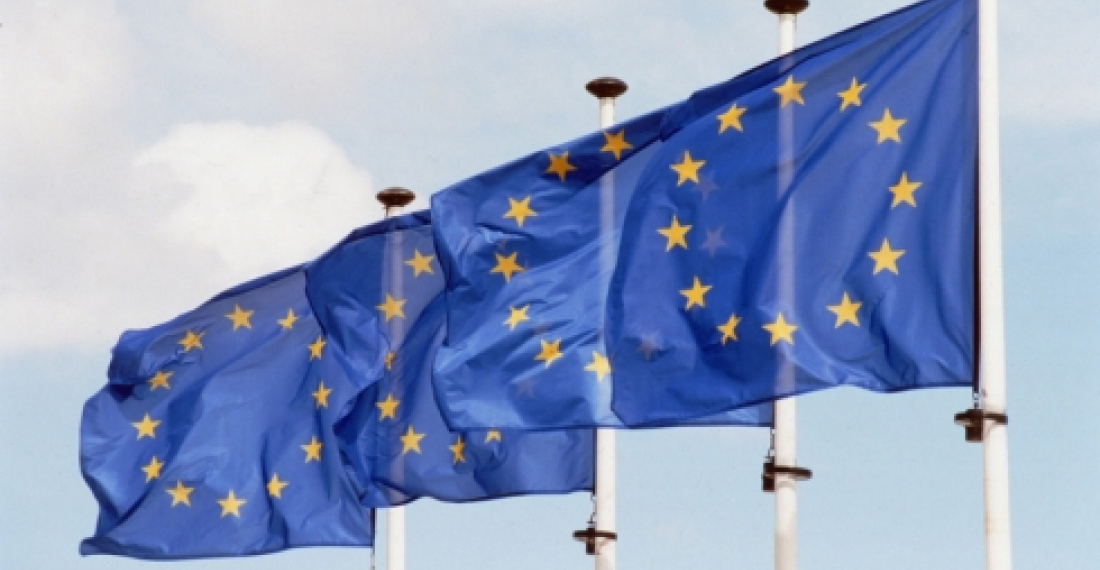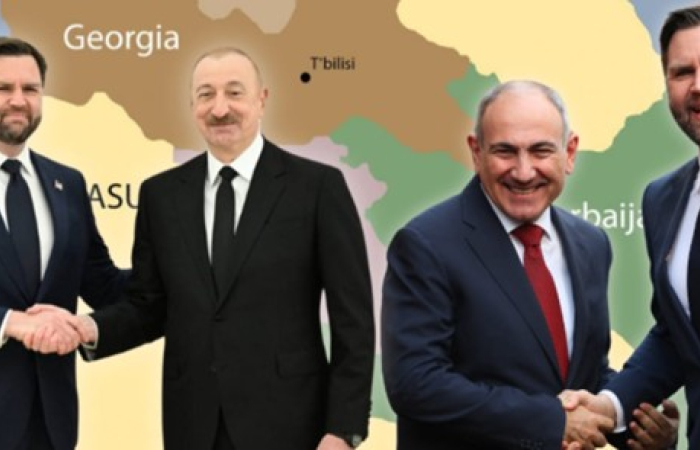The European Union High Representative for Foreign Affairs and Security Policy, Baroness Catherine Ashton addressed the European Parliament on 6 July 2011 on the situation around the Nagorno-Karabakh conflict and Armenian-Azerbaijani relations.
This is the full text of Baroness Ashton's speech:
Honourable Members, Ladies and Gentlemen,
I am grateful to have this opportunity to exchange views on the Nagorny Karabakh conflict.
When I – along with Presidents Van Rompuy and Barroso – met with President Medvedev at the EU-Russia summit in Nizhny – Novgorod on 9 June, he was optimistic about the possibilities for a breakthrough at the Kazan meeting.
Much work had been done by the OSCE Minsk Group Co-Chairs and the parties to make progress towards an agreement on the Basic Principles, the first step in a process leading to the drafting of a formal peace agreement, and then its implementation.
We made clear to President Medvedev that we fully support his personal mediation efforts, and the work of the Minsk Group.
The Deauville statement of Presidents Obama, Medvedev and Sarkozy made clear that the time had now come for an agreement, failing which the parties’ commitment to a solution would be questioned.
Regrettably, despite strong messages at the highest level, the expected breakthrough at Kazan on 24 June did not materialise.
President Aliyev of Azerbaijan and President Sargisyan of Armenia did not take this opportunity to reach a compromise.
Admittedly, relations between the two countries are difficult. I recently met the Foreign Ministers of Armenia and Azerbaijan in Bratislava, and I have no illusions about the complexity of the negotiations. The Co-Chairs keep me and the EEAS fully informed of their work and the many difficulties they face.
I was also briefed in Vilnius last Friday by the Lithuanian Foreign Minister, Audronius Azubalis, who is now the Chairman in Office of the OSCE.
Nevertheless, efforts to find an agreement on the Basic Principles must continue, and I welcome the fact that both parties have re-committed themselves to the diplomatic process and to finding a peaceful solution.
But we need to see more than that in the coming months. The parties need to redouble their efforts to find an agreement before the end of this year. This would then happen before domestic priorities take over in 2012: elections in Armenia in 2012, and in Azerbaijan in 2013.
Indeed, a continuation of the status quo is unacceptable, as is any effort to resolve the conflict or influence the negotiations by using force, or even the threat of force.
The peaceful settlement of the Nagorny Karabakh conflict is a key strategic interest of the European Union.
A settlement of the conflict would transform the South Caucasus region.
It would pave the way towards political and regional stability, and new economic opportunities.
Borders could open not only between Armenia and Azerbaijan, but also between Armenia and Turkey.
Roads, railways and pipelines could take the shortest route, and tie the countries of the region more closely together.
And the South Caucasus could finally become what it should have been already – a gateway between Europe and Asia.
All of this is clearly in the interest of the European Union, too.
The EU is ready and committed to step up its efforts in support of the work of the Minsk Group Co-Chairs.
The negotiations have been going on since 1994 in the current format. An agreement on the Basic Principles is within reach.
The nature of the additional support that we can provide is of course a matter for consultation with the Minsk Group Co-Chairs and the parties.
And I can assure you that we are holding regular consultations with them on this subject.
Let me be very clear, however. What happens in these final negotiations matters greatly to the European Union, and will play a role in the way we shape our policy towards the two countries concerned.
On my behalf, Miroslav Lajcak travelled to both countries last month, and made this point very clearly.
We hope to see progress by the time of the planned Eastern Partnership Summit in September in Warsaw.
I also see clear possibilities for enhanced EU engagement outside the negotiations themselves.
We are already supporting confidence building and outreach activities to people on both sides, often through civil society organisations who promote people-to-people contacts, including in the framework of the Council of Europe. But we can do more here.
I also believe that the European Union should be prepared to take on significant responsibilities in the implementation of a settlement, once we reach this stage, in close co-operation with other parts of the international community.
There will much to do, from reconstruction, mine clearance and refugee and IDP returns to the promotion of economic recovery and security support.
I also recognize that there are other partners who play a significant role in the South Caucasus region. For instance, the EU needs to work closely with regional actors like Turkey.
I have proposed the appointment of a new Special Representative for the South Caucasus to take these different work strands forward, in close consultation with the Minsk Group co-chairs.
Perhaps our most important contribution, however, will be to continue strengthen our bilateral relations with both Armenia and Azerbaijan.
The new European Neighbourhood Policy communication that we just discussed sets out an ambitious agenda for the countries of the South Caucasus:
New Association Agreements,
Deep and Comprehensive Free Trade Areas, including improved access to the EU’s internal market;
-
Increased and facilitated mobility, especially for students and business;
-
Increased sectoral co-operation and participation in EU programmes;
-
increased support for civil society and the open society.
Our overall objective is to help our neighbouring countries build a comprehensive reform agenda.
In this context, we will of course be looking at ways in which our bilateral co-operation can be geared to support conflict settlement.
Stefan Füle recently visited Armenia to discuss how to take our relationship forward and build a common, positive and forward-looking agenda together.
More generally, I also believe more confident, attractive and modern countries with ambitious reform agendas are in a stronger position to overcome the difficult legacies of the past.
Ultimately this is a choice that the leaders of Armenia and Azerbaijan need to make themselves, in the best interests of the people they represent.
We know which choice we would like them to make: it is the choice of compromise and peace.
source: www.europa.eu







